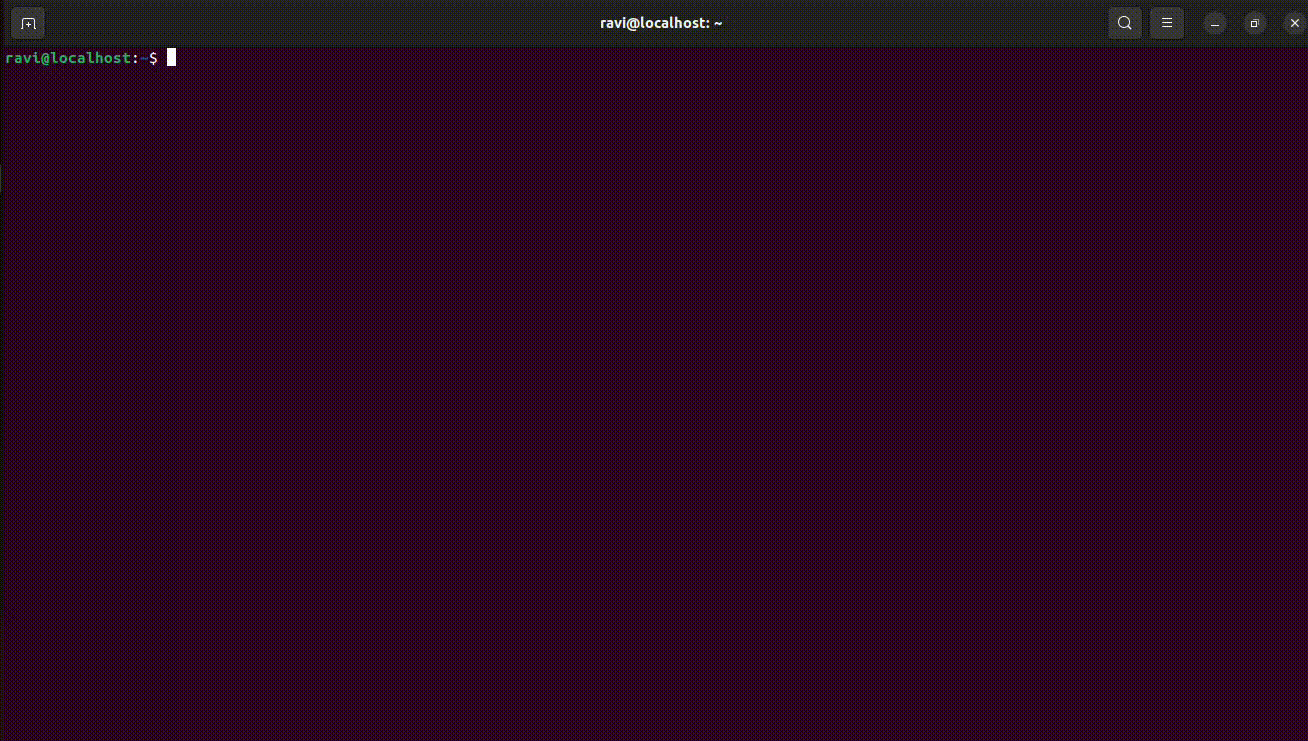LightMesh CLI for Linux
Linux
The installation guide for Tidal LightMesh CLI on Linux. Start a trial today.
Supported distros
Currently LightMesh CLI Linux supports Ubuntu and Debian. If you use a different distro don’t worry, we’ve got you covered with an NPM install. Please see the NPM install guide if you are running a currently unsupported distro.
Install LightMesh CLI for Linux
- For 64-bit os run the following command:
wget -c https://get.lightmesh.com/lightmesh-ubuntu-debian-64-latest
- For 32-bit os run this command:
wget -c https://get.lightmesh.com/lightmesh-ubuntu-debian-32-latest - To install the package run the following command using the correct package version name:
sudo dpkg -i lightmesh-ubuntu-debian-64-latest
Authentication Methods for LightMesh CLI on Linux
There are two ways to authenticate with LightMesh via the CLI on Linux:
-
Login Command: You can authenticate by using the
lightmesh logincommand directly in the terminal, which will prompt you for credentials.

-
API Key: Alternatively, you can authenticate using an API key. Follow these steps to create one:
- Register and log in at next.lightmesh.com
- Go to Admin at the top right corner
- Click on API Keys
- Create a new API Key
To use the LightMesh CLI using an API key, export the created token. Example: export LIGHTMESH_API_TOKEN=<token>
Note: to persist the API key between terminal sessions this export command should be added to .bashrc or .zshrc
- To verify installation and token are set correctly type
lightmeshinto the terminal. The LightMesh CLI version should be shown, along with usage, topic, and command details.